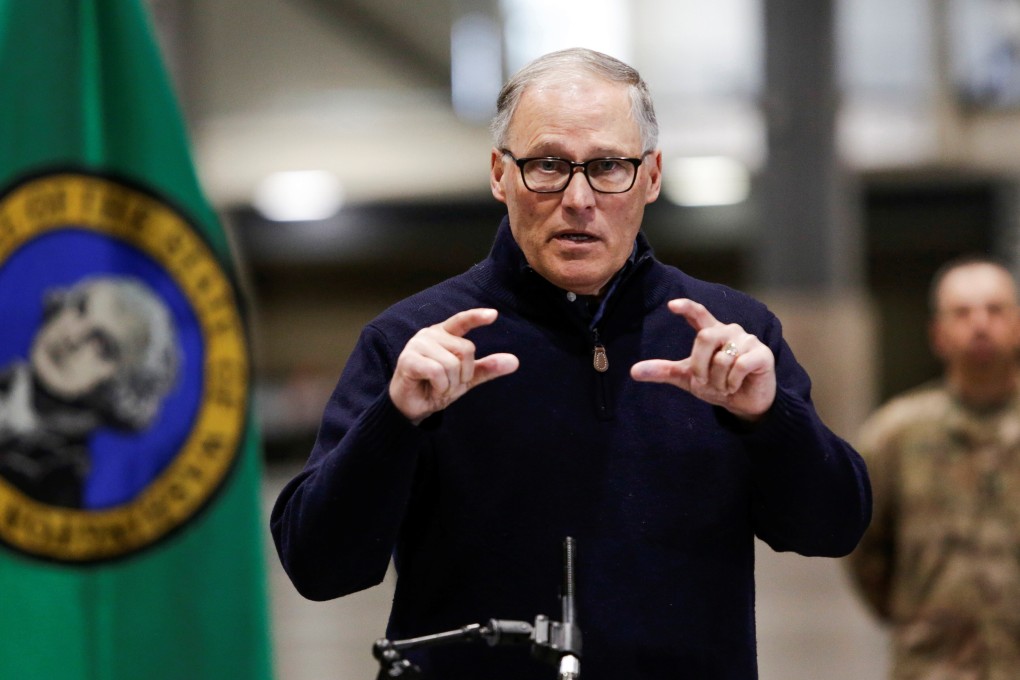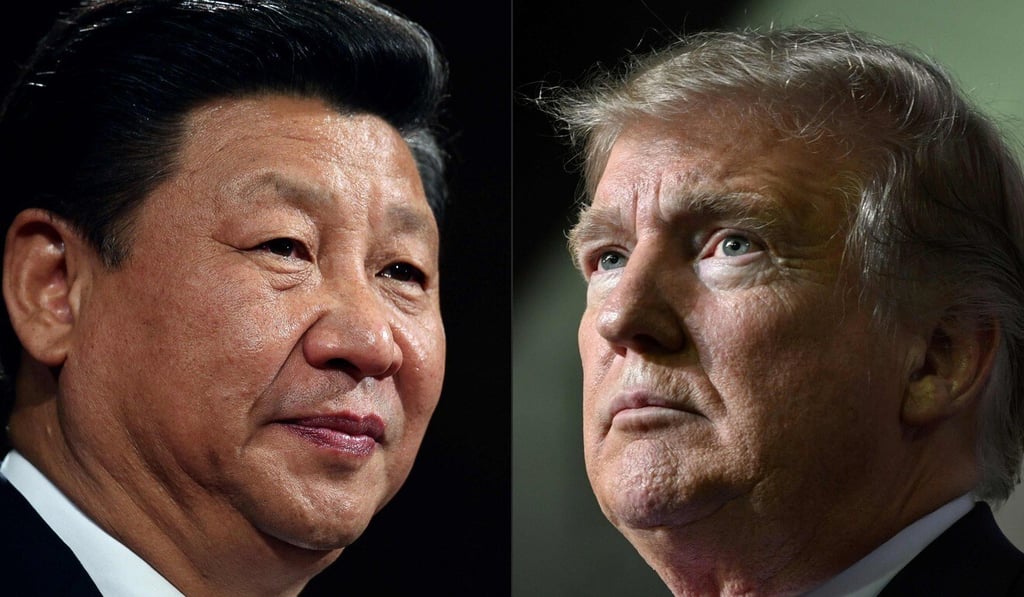Advertisement
Exclusive | Coronavirus: Washington Governor Jay Inslee personally appealed to Xi Jinping for PPE, on advice of Chinese-American entrepreneur
- Outreach revealed in a trove of emails obtained by the South China Morning Post
- Inslee’s move followed an intervention by software services entrepreneur Qiang Wan, a naturalised American born in Beijing
Reading Time:4 minutes
Why you can trust SCMP
32

A US state with close ties to Chinese President Xi Jinping’s alma mater directly petitioned the Chinese leader for protective clothing for its medical workers battling the coronavirus last month, leading to it receiving supplies from Sichuan province, Tsinghua University and other Chinese sources.
Jay Inslee, the governor of Washington state, wrote a personal letter to Xi on April 2 asking to “access the enormous productive capacity of China to obtain critically needed medical supplies” such as surgical masks, disposable gowns and gloves as state health authorities faced “extreme challenges” securing supplies.
The outreach by the state governor – a former Democratic Party candidate in the upcoming US presidential election – came after Beijing had tightened its vetting of exports of medical supplies, resulting in major delays of shipments of personal protective equipment to the United States. The snag emerged as new cases were peaking in the state and as infections in the US approached 250,000 nationwide.
Advertisement
Beijing’s heightened screening followed complaints by some governments and hospitals that large quantities of PPE sent from China were below acceptable standards.
The governor’s plea also came as weeks of friction in US-China relations at the national level briefly appeared to be subsiding after Xi and US President Donald Trump agreed to a truce in their war of words over the origins of the coronavirus during a phone call in late March.
Advertisement

Advertisement
Select Voice
Choose your listening speed
Get through articles 2x faster
1.25x
250 WPM
Slow
Average
Fast
1.25x